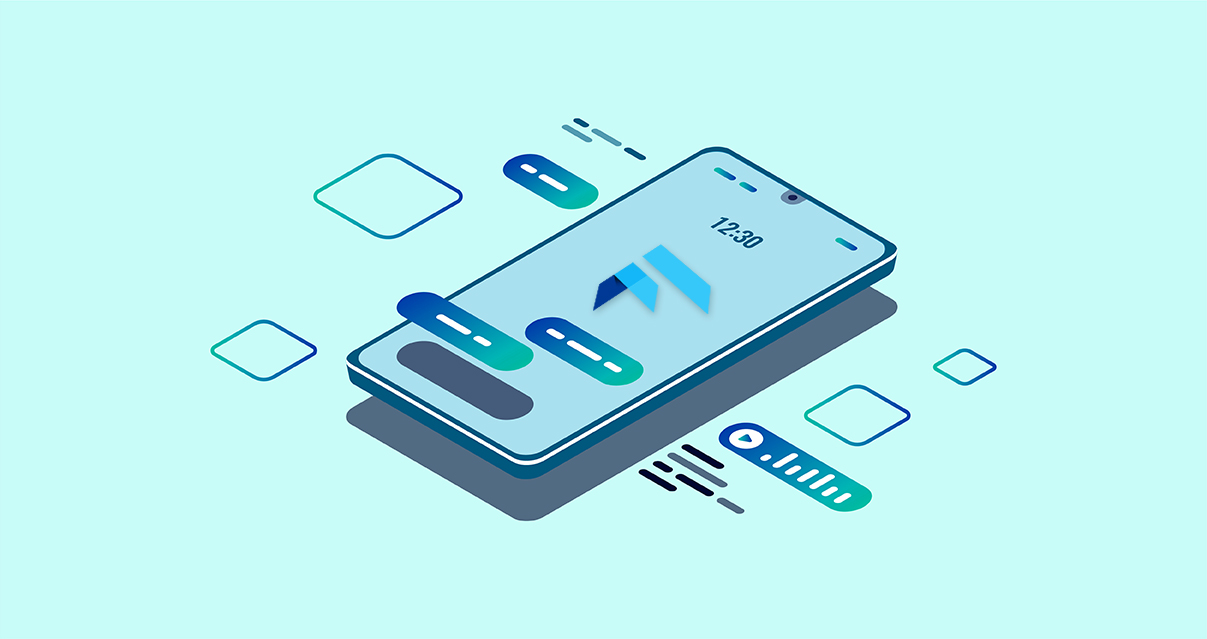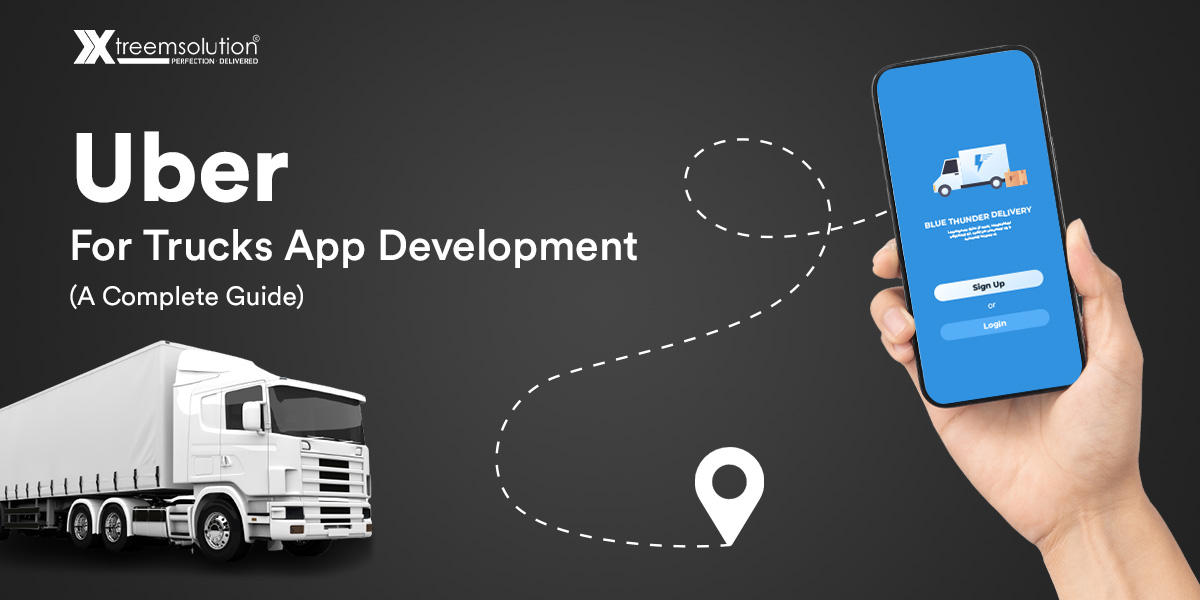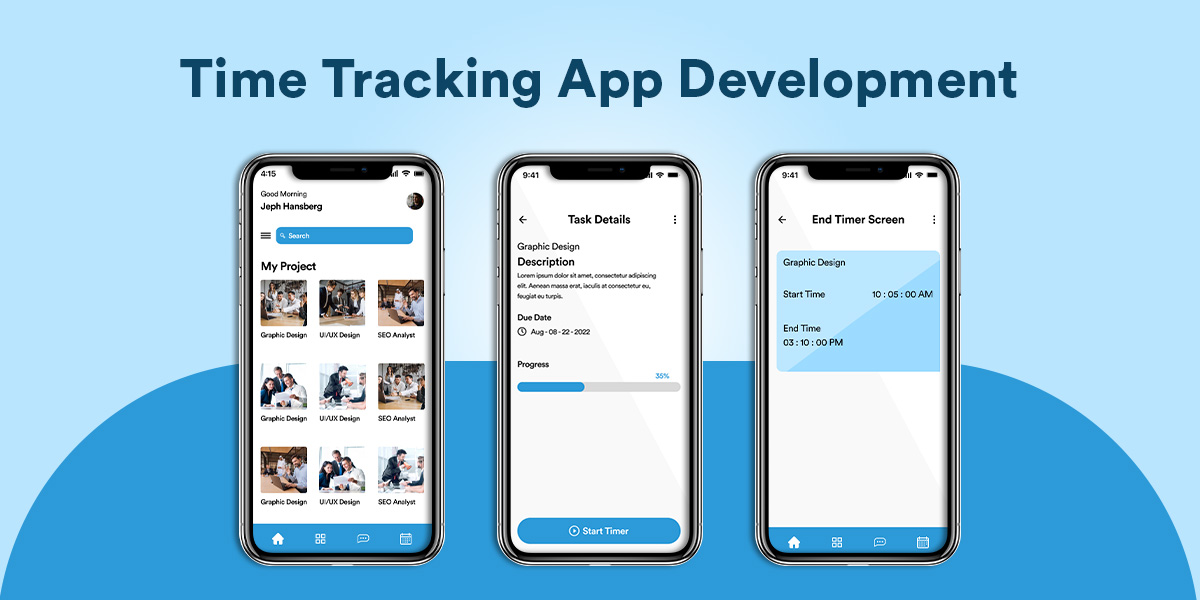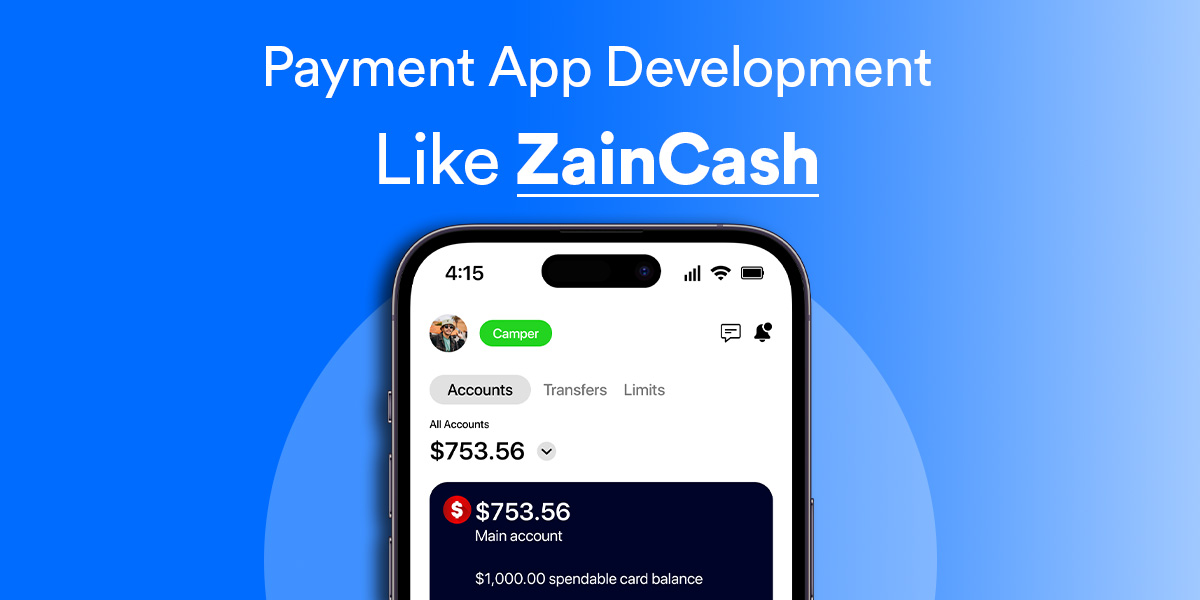Mobile app development is a burgeoning sector - beyond doubts. With the majority of consumers preferring Smartphone apps over typical websites, brands can no longer overlook app development. As of now, two mobile OS platforms are used by the majority of users- namely iOS and Android, worldwide.
Until a time, the Mobile app developers created apps for both these platforms separately and the process was quite painstaking. Basically, the developers had to jot down and test codes separately for these OSs.
Of late, cross-platform development has become popular. There are a few contenders but Flutter is a new entrant that is fast becoming the de facto choice of app developers.
Basics of Flutter App Development

Originally unveiled by Google in 2018, Flutter was released with much fanfare in the latest MWC. It is the cross-platform open source mobile app development SDK of Google. It is built with Google’s own programming language-DART. Using it the developers can write an app using a single codebase and then compile it to both iOS and Android.
Why Flutter App Development makes sense for developers
.jpg)
Listed below are the top reasons for any Mobile app development company to choose it over other options:
Flutter adds a new dimension to cross-platform development
A lot of app developers have tried conventional -platform approach, ending up with multiple iterations of the same app. The main hurdle is user experience falling short of native application inherently. This is caused mostly owing to using JavaScript-based UX. In Flutter, developers can gain from “write once and run anywhere” feature.
Here’s how native Android/iOS code interacts
It helps the Android and iOS app developers overcome limitations that are typically involved in a cross-platform approach.
No more juggling between front-end and backend
Flutter also liberates the Android app developers from shuttling between front layout and backend. It has a reactive framework and offers a common single language to design the app backend. Thus, it simplifies app development and helps save the developers’ time, simultaneously. This is a reason why your android app development company should consider switching to Flutter.
Boost in productivity
In typical Android app development platforms, the developers cannot help putting up with annoying wait time. This becomes necessary as an app in progress needs to be modified and the developers want the changes to reflect.
Flutter helps the developers overcome this annoyance by means of features like ‘Hot restart’ and ‘Stateful hot reload’. Owing to these, the developers can check changes in the apps without long wait times. The productivity receives a boost and the development time gets reduced by 30% or more when Flutter is used.
Programming for Flutter: Beginners Tutorial
Dart is absolutely beneficial
The prevalent and popular mobile frameworks like Xamarin, React Native, Angular JS depend much on Java. Flutter helps the developers get rid of this dependency. It deploys an in-house programming language of Google aka Dart. It lets developers access Google’s Material design specifications and Skia Graphics Library. So, using Flutter literally lets the developers take benefit of a powerful mobile framework.
Speed and ease of animation creation
Most of the Smartphone apps you use, deploy some amount of interactivity and animations. Of course, these are created by the app developers. Flutter has a nice tool called 2-Dimension Flare. Using this tool, developers can handle animation creation and optimization easily. Before this, the developers could hardly think of animations loading at a speed of 60FPS! The lean learning curve is the added benefit.
Support for various IDEs
With Flutter, you can work with several Integrated Development Environments. The Flutter VS code lets you avail features commonly found in Android Studio. Support for multiple IDEs is something you cannot overlook.
Also read: - How to create Mobile Apps in Simple Steps
Open source packages
Flutter gives the developers easy and instant access to a number of -source packages. This makes it easier for them to accomplish several technically complicated tasks.
Presence of a thriving community
Flutter may not be in the app development sector for a long time but it already has a thriving online community. So, the developers trying the SDK for the first time will not have to worry about inputs and tips when they are at work.
Why an iOS app development company should use Flutter
Before Flutter’s advent, the main reason iOS app developers avoided using cross-platform development tools was the hassles involved. They found it hard to create equally polished and stunning apps using a single framework. Flutter, however, offers these developers everything they need under one umbrella.
Even the iOS app developers have to cope with certain development issues that affect their productivity in adverse ways. One of these is the dependency management program in Native iOS development. They typically have to resort to some third party tools like Carthage or CocoaPods. Flutter app development is better as the SDK has Pub- its own dependency management tool. The dependency handling system comes inbuilt with Flutter.
Also read: - Kotlin Vs Java: Which will succeed in mobile app development in upcoming days
Another reason iOS developers can switch to Flutter is Testing Support. Apple has a native testing framework called XCTest for UI testing, integration and the performance monitoring of the iOS apps. It does have some limitations. These include mocking and stubbing. Flutter offers a nice test framework with detailed documentation. So, in a number of ways Flutter trumps the native iOS app development framework and an iPhone app development company cannot overlook these.
Why an android app development company should use Flutter
The main reason most Android app developers are warming up to Flutter is the reduced Gradle Build Time. It’s a part of Android app development process. However, with Flutter the need to use it is significantly reduced. It also lets the developers design android apps minus the hiccups involved with typical Android app development process. The time-saving advantage is a big factor as well.
So, what the future of Flutter App Development looks like

Flutter was unveiled by Google by 2018 and then it was at the beta stage. That did not dissuade the developers from embracing the SDK. The final version as unveiled soon and that too went down with developers and the industry very well. The position was even more strengthened with the unveiling of Dart 2.2 and Flutter 1.2.
The ongoing developments made to the framework since its inception is proof of how serious Google is about it. It definitely wants the mobile app developers to utilize the platform. It is very much a work in progress and developers can expect an addition of new useful features in the near future. It is still not the perfect app development platform as such.
Of course, large scale switchover to flutter will take quite some time. It will not be too long before you can see any Flutter app development company offering services.
As of now, Flutter is good for use by mobile app developers for relatively less complex needs. It will be still some time before companies begin to hire android app developers with Flutter skills. However, the industry veterans predict it has the potential to emerge as a serious challenger to the existing cross-platform app development SDKs.









